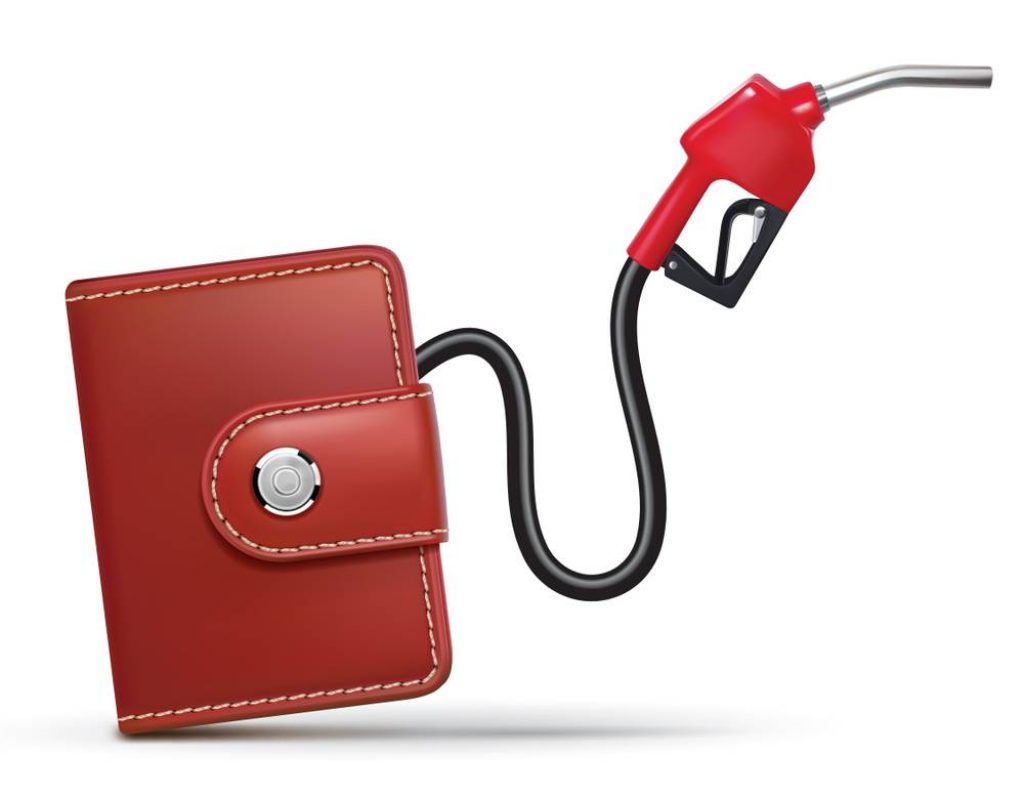
How To Save Money On Gas
It has been a long time now since the era of cheap gas. As a matter of fact, the price of gas has skyrocketed, and has put a damaging dent in most people’s wallets. Thankfully, recent developments allow people still to get around while using much less gas – or even no gas at all.
Related Topics (Sponsored Ads):
The oldest way to reduce gas costs has relied on greatly increased gas mileage from modern cars, thanks to engine efficiencies and smaller vehicles. Also, car owners have learned to take certain measures to reduce their fuel consumption, as will be discussed below. The latest and largest development in saving money on gas is not to buy any at all. Some have turned to only using mass transit, bicycles, and electric bikes and scooters.
However, most people still want or need to have a car – and for these people there is now the alternative of a true gasless car, the fully electric vehicle (EV). Use of an EV is the biggest way to break free from the increasing prices at the pump. While they are not free to operate (unless you have a way to get free electricity), they certainly are cheaper to operate than gas powered cars. But EVs are not practical for everyone, so below will also be discussed other ways to save money on gas.

Electric Vehicles (EV)
Talked about for a long time, EVs are now becoming more commonplace. Tesla started this trend and most of the other major car companies have followed suit. EVs are fully electric, they use nor need any gas. These plug-in vehicles as they’re sometimes called are not the same as the more familiar hybrid cars, which use both electric and gas motors. While cheaper to operate than gas cars, their sales price has been more expensive – but that is starting to change. If you have access to a recharging station at home and at work, EVs will be fantastic for local and short range driving. For longer range trips, you need to know in advance where you can recharge your car.
Hybrid Vehicles
These have been around for many years now, introduced by Japanese car companies. Hybrids combine both an electric motor and a traditional gas powered motor. Unlike an EV, most of these cars need to have some gas to operate. Of course, they use much less gas than traditional gas powered cars. If you use this kind of car basically for local and short range driving, you will use very little gas, as the car will use its electric motor most of the time. For longer trips, the car will use the gas engine more often and can work entirely on gas if the electric battery’s charge gets too low. Most of these cars recharge their batteries automatically as you drive and some have a plug-in option.
Following are listed other ways that the car owner can save on gas (or electric costs), no matter what kind of vehicle they drive.
Properly Maintained Engine
The fuel efficiency of a car is greatly affected by how well maintained the engine is. Gas cars need to have regular tune-ups, based on the mileage driven and intervals of time. Not doing so will definitely cause your car to burn more gas, and thus cost you more money. The same is true of having regular oil changes and using a proper type of oil for your car.
Properly Inflated Tires
As advanced as tire design may be, they still need to be periodically inflated to the proper air pressure. Under inflated tires not only cause the use of more gas, it makes the tires wear out quicker and can cause unsafe driving and handling. By the way, many large tire dealers will check and adjust your tire pressure for free.
Reduce Weight and Air Conditioning
The more stuff you have in your car, the more gas (and electric) it will use. Clear your car of any unnecessary things – especially in your trunk or on the roof. Running the car’s air conditioner is a big user of power, so the less you use it – the less gas you will use.
Eliminate Needless Idling
Leaving your engine running while you are parked is like literally burning money. This is even more so if you do this with the air conditioner running as well. In addition, engine idling contributes greatly to air pollution – so don’t do it.
Accelerate Smoothly and Don’t Ride The Brakes
Slow and smooth acceleration will help to increase your fuel efficiency, while “jack rabbit” starts will do quite the opposite. In addition, any kind of “racing” while driving is a safety hazard. Also, drive only with your right foot. Using both feet causes you to “ride your brakes”, which uses a lot of extra gas and wears out your brakes much faster than necessary.




